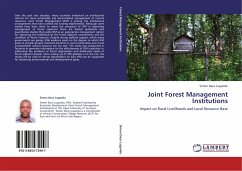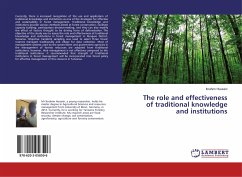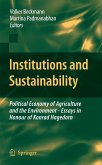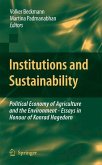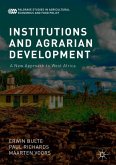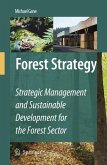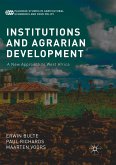Over the past two decades, many countries embarked on institutional reforms for more sustainable and decentralized management of natural resources. Joint Forest Management (JFM) is among the institutional arrangements that were crafted and is being implemented. Although some studies have been done to assess the prospects of JFM in improving management of forest resources there are limited qualitative and quantitative studies that justify JFM as an appropriate management option for improving the livelihoods of the forest adjacent communities and the condition of forest resource. Despite strong political support which many governments are giving, little evidence exists on the degree to which JFM goals to provide greater economic benefits to rural communities and arrest unsustainable natural resource use are met. The study was conducted in Tanzania to generate information on the effectiveness of JFM institution in addressing the problems of forest degradation and livelihoods needs of forest adjacent people. Since scaling up of JFM globally is on the rise, the results will be used to inform stakeholders on how JFM can be supported for advancing environmental and developmental goals.
Hinweis: Dieser Artikel kann nur an eine deutsche Lieferadresse ausgeliefert werden.
Hinweis: Dieser Artikel kann nur an eine deutsche Lieferadresse ausgeliefert werden.

